Cables: President blames ex-PM over Mladić
One of the WikiLeaks cables describes a meeting in Belgrade between Boris Tadić and U.S. Ambassador at Large for War Crimes Issues Stephen Rapp.
Friday, 10.12.2010.
18:32

One of the WikiLeaks cables describes a meeting in Belgrade between Boris Tadic and U.S. Ambassador at Large for War Crimes Issues Stephen Rapp. The U.S. diplomatic cable, sent from Belgrade in October 2009, was made public by the whistleblowing website. Cables: President blames ex-PM over Mladic In it, the U.S. embassy reports that Rapp "received updates on the search for International Criminal Tribunal for the Former Yugoslavia (ICTY) fugitives Ratko Mladic and Goran Hadzic and highlighted the importance of capturing them, offering U.S. assistance". "Serbian officials made it clear to Ambassador Rapp their commitment to finding the fugitives, but they avoided Ambassador Rapp’s suggestion that they take up the challenge of influencing public opinion about the need for war crimes trials," the cable reads. Rapp's meeting with Tadic was also attended by National Council for Cooperation with the Hague Tribunal Chairman Rasim Ljajic, War Crimes Prosecutor Vladimir Vukcevic, War Crimes Special Court President Sinisa Vazic, and War Crimes Investigations Service Chief Aleksandar Kostic. Rapp told his hosts that "capturing Mladic was the ultimate solution to making progress on EU accession," and that his country was willing to "help Serbia in any way possible", incuding tracking financial support to Mladic. "Tadic told Ambassador Rapp that those who likely were hiding Mladic had links to organized crime and wealth attributable to ‘90’s wartime profiteering. Tadic therefore was enthusiastic about his intelligence services’ cooperation with the U.S. Drug Enforcement Agency in the recent capture of 2.8 tons of cocaine off the coast of Uruguay. (cable links to this story) This seizure would open the door to arrests of a number of organized crime figures in Serbia, as well as in Montenegro and Bosnia-Herzegovina, and perhaps shake the trees of the organized crime elements involved with shielding Mladic," the diplomatic message said. Tadic also "expressed his frustration with the Dutch position on blocking Serbian accession to the EU until Mladic and Hadzic were apprehended and turned over to The Hague. 'My people are starting to ask me what I have delivered in terms of EU accession and as long as the Dutch block us, they are adding to the ammunition of the opposition, i.e., the Serbian Progressive Party.'". The president and ruling DS leader then went on to say that he was "frustrated with the role his former Prime Minister Vojislav Kostunica’s Democratic Party of Serbia (DSS) had played in hiding information about Mladic from Tadic". “I believe they have violated our law,” he said, “and when Mladic is caught, we will prove that.” "Summing up, Tadic said, 'we are counting on the United States to help us', the cable reads. Rapp then expressed his doubt that the Dutch would change their mind without Mladic's arrest, and advised the Serbian presdient to "emphasize the atmospherics in Serbia surrounding Mladic and the war crimes tribunal in general". “You need to get out the message that the court is good, and members of the government need to speak respectfully of the institution.” "Ljajic and others" are quoted as asking the U.S. government for help convincing the Dutch, while Ljajic said that the Serbian government was "in a difficult position, with no support for ICTY cooperation among a public which saw it as simply an extra condition for EU accession; what he described as 'enormous international pressure' made it more difficult to explain the need for cooperation to the public" When Rapp reiterated that "it was important that government officials not speak out against the ICTY’s decisions, because doing so sent the wrong message", Ljajic said the Hague was "very unpopular and had issued many strange decisions, such as seemingly extra harsh sentences for Serbs such as Lukic, although he agreed the message had to be balanced". "Kostic noted that Radovan Karadzic had been supporting himself with only 450 euros a month immediately prior to his apprehension in 2008. Ljajic said the Action Team had approached Russia for help on both fugitives, since there was evidence they had traveled to or contemplated travel to Russia," says the U.S. cable sent from Belgrade.
Cables: President blames ex-PM over Mladić
In it, the U.S. embassy reports that Rapp "received updates on the search for International Criminal Tribunal for the Former Yugoslavia (ICTY) fugitives Ratko Mladić and Goran Hadžić and highlighted the importance of capturing them, offering U.S. assistance"."Serbian officials made it clear to Ambassador Rapp their commitment to finding the fugitives, but they avoided Ambassador Rapp’s suggestion that they take up the challenge of influencing public opinion about the need for war crimes trials," the cable reads.
Rapp's meeting with Tadić was also attended by National Council for Cooperation with the Hague Tribunal Chairman Rasim Ljajić, War Crimes Prosecutor Vladimir Vukčević, War Crimes Special Court President Siniša Vazic, and War Crimes Investigations Service Chief Aleksandar Kostić.
Rapp told his hosts that "capturing Mladić was the ultimate solution to making progress on EU accession," and that his country was willing to "help Serbia in any way possible", incuding tracking financial support to Mladić.
"Tadić told Ambassador Rapp that those who likely were hiding Mladić had links to organized crime and wealth attributable to ‘90’s wartime profiteering. Tadić therefore was enthusiastic about his intelligence services’ cooperation with the U.S. Drug Enforcement Agency in the recent capture of 2.8 tons of cocaine off the coast of Uruguay. (cable links to this story) This seizure would open the door to arrests of a number of organized crime figures in Serbia, as well as in Montenegro and Bosnia-Herzegovina, and perhaps shake the trees of the organized crime elements involved with shielding Mladić," the diplomatic message said.
Tadić also "expressed his frustration with the Dutch position on blocking Serbian accession to the EU until Mladić and Hadžić were apprehended and turned over to The Hague. 'My people are starting to ask me what I have delivered in terms of EU accession and as long as the Dutch block us, they are adding to the ammunition of the opposition, i.e., the Serbian Progressive Party.'".
The president and ruling DS leader then went on to say that he was "frustrated with the role his former Prime Minister Vojislav Koštunica’s Democratic Party of Serbia (DSS) had played in hiding information about Mladić from Tadić".
“I believe they have violated our law,” he said, “and when Mladić is caught, we will prove that.”
"Summing up, Tadić said, 'we are counting on the United States to help us', the cable reads.
Rapp then expressed his doubt that the Dutch would change their mind without Mladić's arrest, and advised the Serbian presdient to "emphasize the atmospherics in Serbia surrounding Mladić and the war crimes tribunal in general".
“You need to get out the message that the court is good, and members of the government need to speak respectfully of the institution.”
"Ljajić and others" are quoted as asking the U.S. government for help convincing the Dutch, while Ljajić said that the Serbian government was "in a difficult position, with no support for ICTY cooperation among a public which saw it as simply an extra condition for EU accession; what he described as 'enormous international pressure' made it more difficult to explain the need for cooperation to the public"
When Rapp reiterated that "it was important that government officials not speak out against the ICTY’s decisions, because doing so sent the wrong message", Ljajić said the Hague was "very unpopular and had issued many strange decisions, such as seemingly extra harsh sentences for Serbs such as Lukić, although he agreed the message had to be balanced".
"Kostić noted that Radovan Karadžić had been supporting himself with only 450 euros a month immediately prior to his apprehension in 2008. Ljajić said the Action Team had approached Russia for help on both fugitives, since there was evidence they had traveled to or contemplated travel to Russia," says the U.S. cable sent from Belgrade.













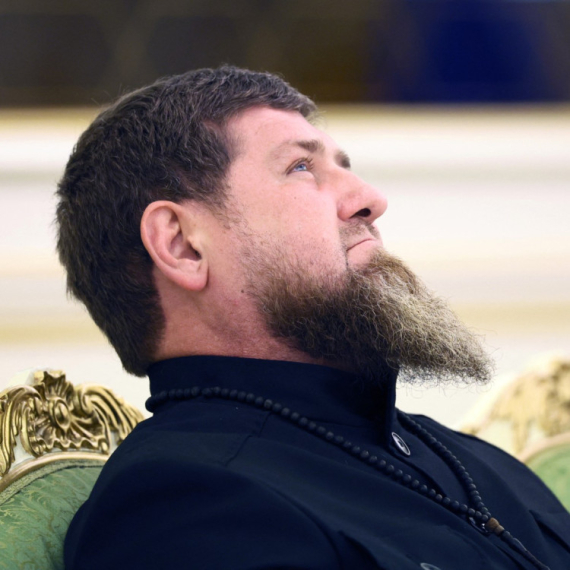


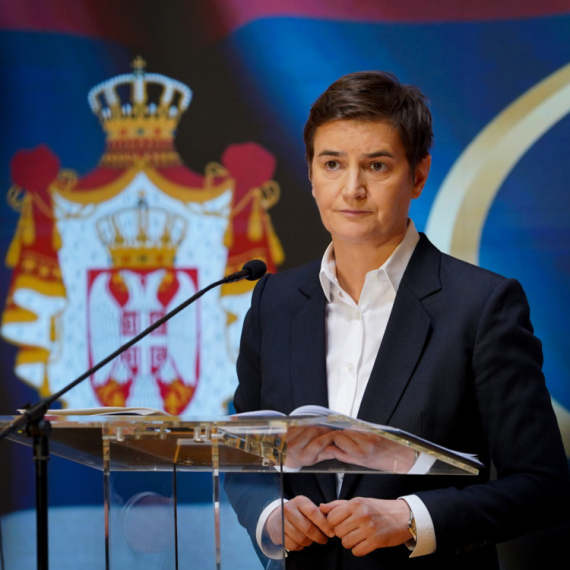
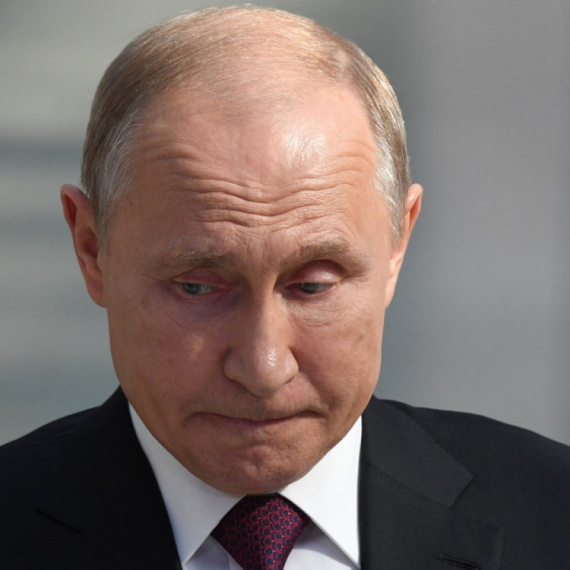


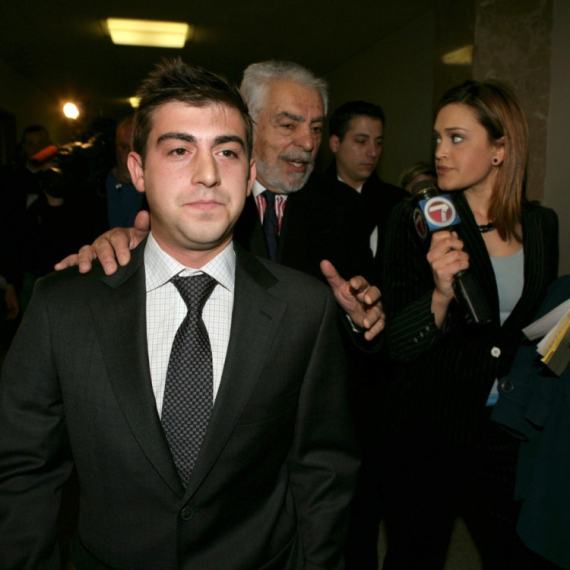

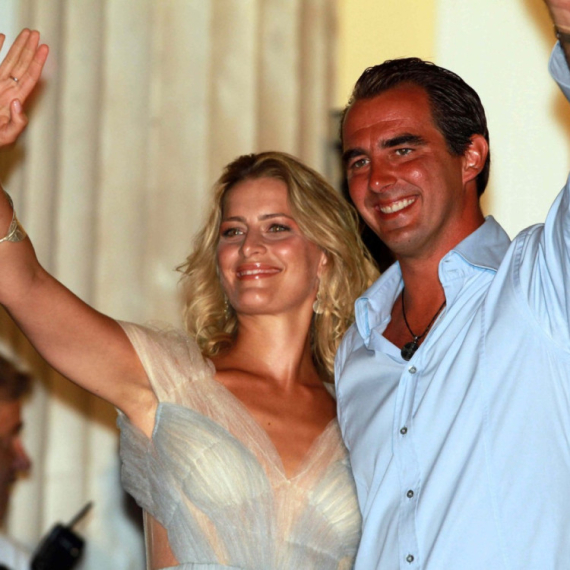


















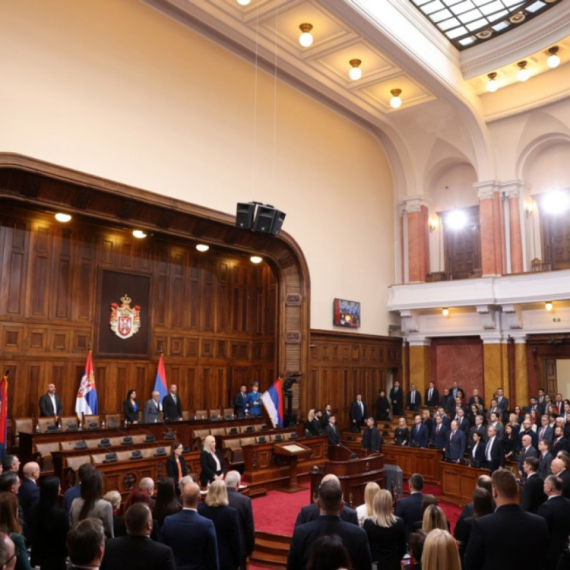
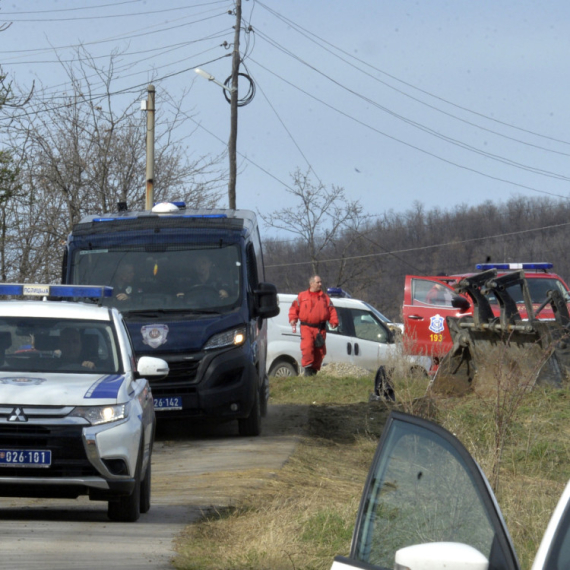







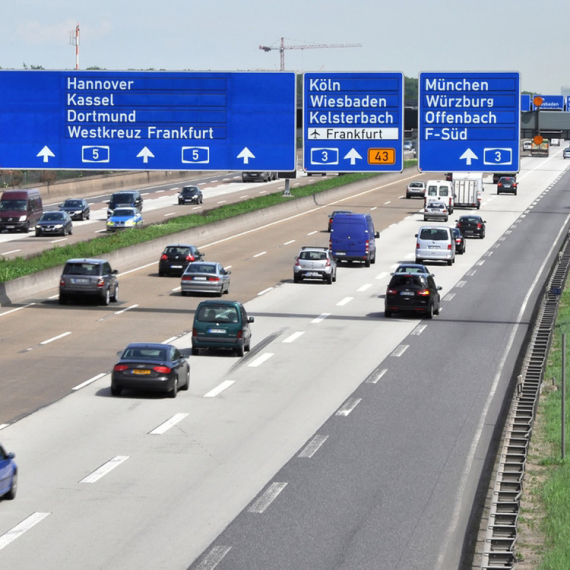





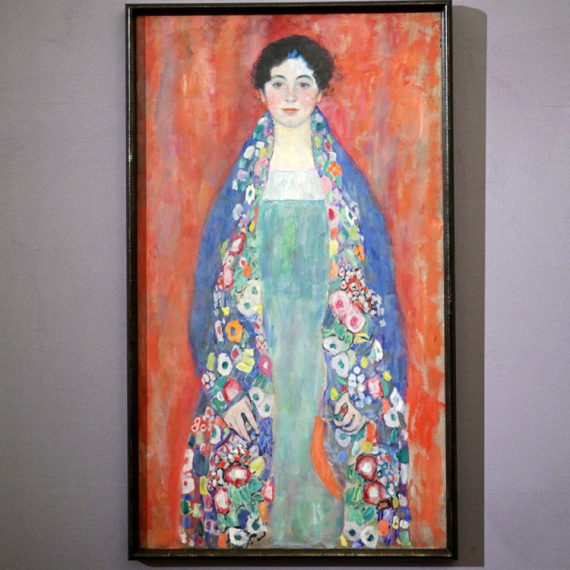

Komentari 4
Pogledaj komentare